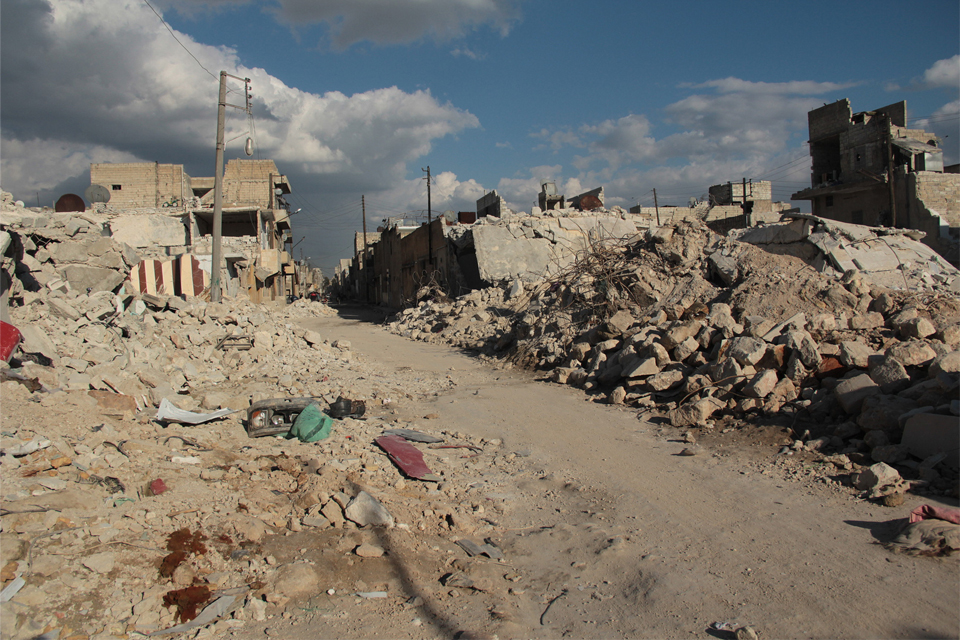UK statement to the UNHCR Executive Committee 64th Session (2013) High-level segment on Syria
Statement to the UNHCR Executive Committee 64th Session (2013) High-level segment on Syria by Lord McNally, Deputy Leader of the House of Lords

Madam Chairperson,
The Syrian Ambassador should take away from this Ministerial that the Syrian people have no enemies in this room or in this organisation.
It is my honour to address this meeting on behalf of the United Kingdom. Our meeting is an important reminder of the unique ability of the UN to bring the world community together in response to humanitarian challenges.
So allow me first to commend the High Commissioner for this excellent initiative. I am also grateful for the instructive interventions by Ministers from Syria’s neighbours. Their contribution and the short film we saw brought home the scale of the burden they carry. They painted a moving picture of the generosity that their countries continue to show in hosting Syrian refugees. I salute them for their willingness to respond in a way that does them great credit.
As we have heard, the crisis has escalated at frightening speed. There are now nearly ten times as many refugees in neighbouring countries as there were this time last year. One million of these are children, which is the equivalent of more than 1 in 5 primary school children in England. This is a deeply sobering and saddening comparison.
I state again that the United Kingdom respects and admires the tremendous goodwill and solidarity shown by Egypt, Iraq, Jordan, Lebanon and Turkey. Both the people and the Governments of these countries are showing remarkable fortitude at this time of crisis for their Syrian neighbours.
Syria’s neighbours are carrying a huge burden, and my country will continue to support them in doing that. We are contributing £162m to the refugee response in neighbouring countries, and we are a primary supporter of UNHCR’s Regional Response Plan. We are also developing programmes to support host communities and reduce the strain on public service delivery in neighbouring countries.
Tony Lake reminded us of the special challenge this crisis brings to the lives of children. Some children have been out of education for two years, and are at risk of becoming a lost generation, traumatised by the conflict. My government is determined to do all we can to prevent that from happening and has launched a £30m ($45m) Lost Generation Initiative to focus on the needs of children.
This is in the context of the UK’s overall support to the Syria crisis. This now totals £500m ($750m) making the UK the second largest donor after the US, following the announcement by the Deputy Prime Minister of a further £100m ($150m) contribution at the UN General Assembly last week. This is the largest amount that the UK has ever contributed to a humanitarian crisis. It reflects the scale of the needs that together, the international community must endeavour to meet and the determination of my government to lead by example in meeting that challenge.
The UK will continue to lead the way in supporting the humanitarian response, and I am delighted that, following the initiative of Prime Minister David Cameron at the G20, additional pledges have been made since the start of September now totalling over $1bn. We must continue to do all we can to ensure that vulnerable populations are able to receive the vital assistance that they need. Egypt called for action. I often think that to that great UN symbol on the wall in front of us we should add a motto: Acta non verba: “Actions Not Words”.
The host countries have demonstrated what the Foreign Minister of Jordan described as “open hearts”. Such generosity of spirit demands and deserves a response from the world community and I hope our deliberations today signal such a commitment to action.
Thank you Madam Chairperson.